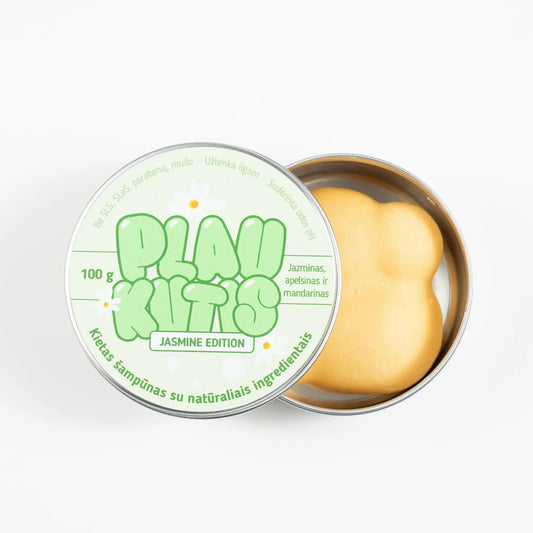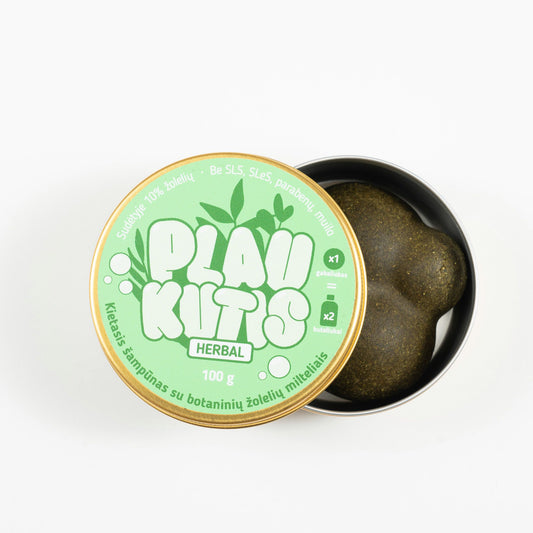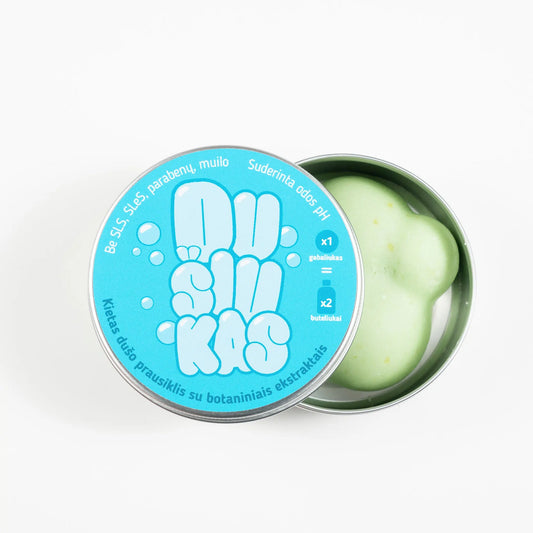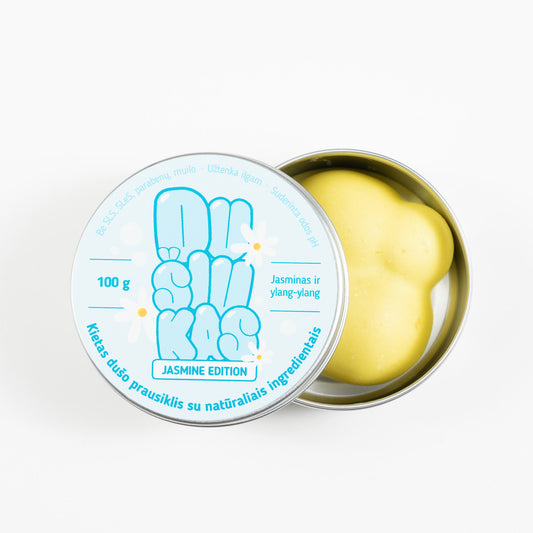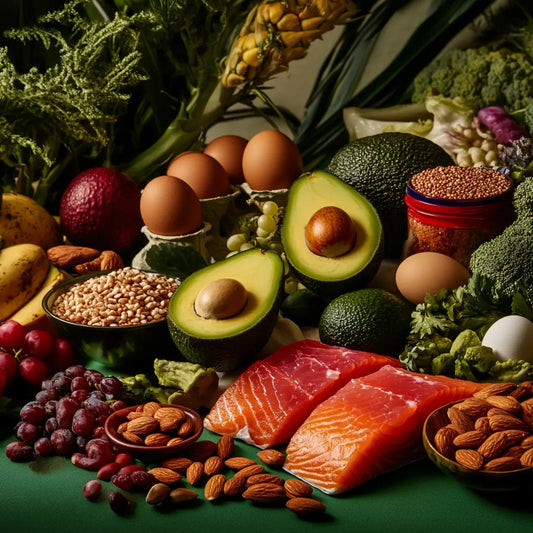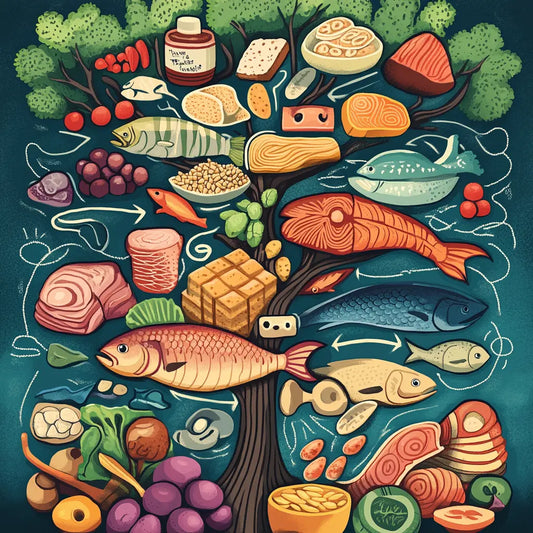In this day and age, as people become more environmentally conscious, consumers are paying more attention to what’s in their personal care products, including hair care products. Women ages 18 to 54 are particularly interested in how their choices affect their health and the planet. But the terms “natural,” “organic,” and “cruelty-free” are often used on product labels, so it can be difficult to understand what they really mean.

A 2019 study found that 74% of consumers are confused by the use of organic terms on beauty product labels, and 62% feel misled by false claims. This article aims to clarify the meanings of these terms, offer insights into certification, and provide recommendations for choosing organic hair care brands that align with your values.
Natural vs. organic: what's the difference?
When choosing hair care products, the terms "natural" and "organic" are often used interchangeably, but they have different meanings. Understanding the differences can help you avoid making the wrong choices.

What does "natural" mean?
“Natural” means that a product is made from naturally occurring ingredients, such as plants, fruits, or minerals. However, the term “natural” is not regulated, so companies can use it even if their products contain less than 1% natural ingredients . According to a 2021 study , 59% of products labeled “natural” also contain synthetic ingredients.
What does "organic" mean?
“Organic” refers to ingredients that are grown without the use of synthetic pesticides, fertilizers, or genetically modified organisms (GMOs). Organic products are much more strictly regulated than natural products. For example, products labeled with the USDA Organic label must contain at least 95% organic ingredients without harmful synthetic additives. USDA Organic and COSMOS certifications ensure that products meet high standards for organic farming and sustainability.
A 2020 consumer report found that sales of certified organic personal care products increased by 32% worldwide, reflecting the growing demand for clean and eco-friendly options. Organic ingredients not only reduce their environmental impact, but research shows they may be more beneficial for hair health. For example, the popular organic ingredient coconut oil reduces hair protein loss by 39% , helping to protect it from damage.
Certifications worth looking for
- USDA Organic : This certification means that the product contains at least 95% organic ingredients .
- COSMOS : A European certification that ensures that products meet strict sustainability standards, with at least 20% of the total product being organic and at least 95% natural.

Cruelty-free certifications: what do they mean and why is it important?
By choosing products that are cruelty-free, consumers are supporting brands that do not test their products or ingredients on animals. Animal testing in the beauty industry has long been a topic of debate, but growing awareness and consumer pressure have led to changes in this area.
What does "cruelty-free" mean?
A cruelty-free product is one that has not been tested on animals at any stage of its development. However, it is important to note that some products that are not tested on animals may still contain animal-derived ingredients, such as keratin , honey, or beeswax . If you want to avoid animal ingredients altogether, look for products that are both cruelty-free and vegan.
According to a 2020 Cruelty-Free International study , 81% of global consumers want cosmetic products not to be tested on animals.

Major cruelty-free certifications
- Leaping Bunny : A globally recognized certification that requires rigorous inspections to ensure that neither the product nor its ingredients are tested on animals. Leaping Bunny certified brands must undergo ongoing audits to maintain their status.
- PETA's Beauty Without Bunnies : PETA's program ensures that brands that claim to be cruelty-free meet basic requirements, though they are a little more lenient than Leaping Bunny. Nevertheless, PETA-certified products are a solid choice for those who want to avoid animal testing.
Why is cruelty-free important?
Animal testing is not only inhumane, it’s often unnecessary. Modern technologies, such as in vitro testing and computer simulations , can provide more accurate results without the need for animal testing. Additionally, brands that avoid animal testing often opt for cleaner, safer ingredients. A 2019 study found that 45% of cruelty-free brands also remove toxic chemicals like parabens and sulfates from their formulas, making them safer for consumers and the environment.

How to recognize organic hair care brands?
Finding truly organic hair care brands can be challenging, especially with the prevalence of “greenwashing” – where brands falsely present themselves as organic. Here are some tips to help you make informed decisions:
1. Look for certifications
Trusted certifications like USDA Organic , Leaping Bunny , and PETA Cruelty-Free can give you assurance that a brand is committed to ethical and sustainable practices. A 2022 study found that products with recognized certifications are 78% more trusted by consumers than uncertified products.
2. Pay attention to the packaging
Plastic waste is a big problem in the beauty industry. 8 million tons of plastic end up in the oceans every year, mostly from personal care packaging. Look for brands that offer recyclable, biodegradable, or reusable packaging. Brands like HiBAR and Ethique are known for their plastic-free hair care products that help reduce plastic pollution. For example, HiBAR’s plastic-free shampoo bars have helped prevent the use of over 2 million plastic bottles .
3. Check the ingredients
Choosing products with sustainably sourced ingredients can significantly reduce the environmental impact of your hair care routine. For example, brands that avoid palm oil , a leading cause of deforestation, are often more environmentally friendly. Look for alternative ingredients like coconut oil or shea butter , which have a smaller environmental footprint.
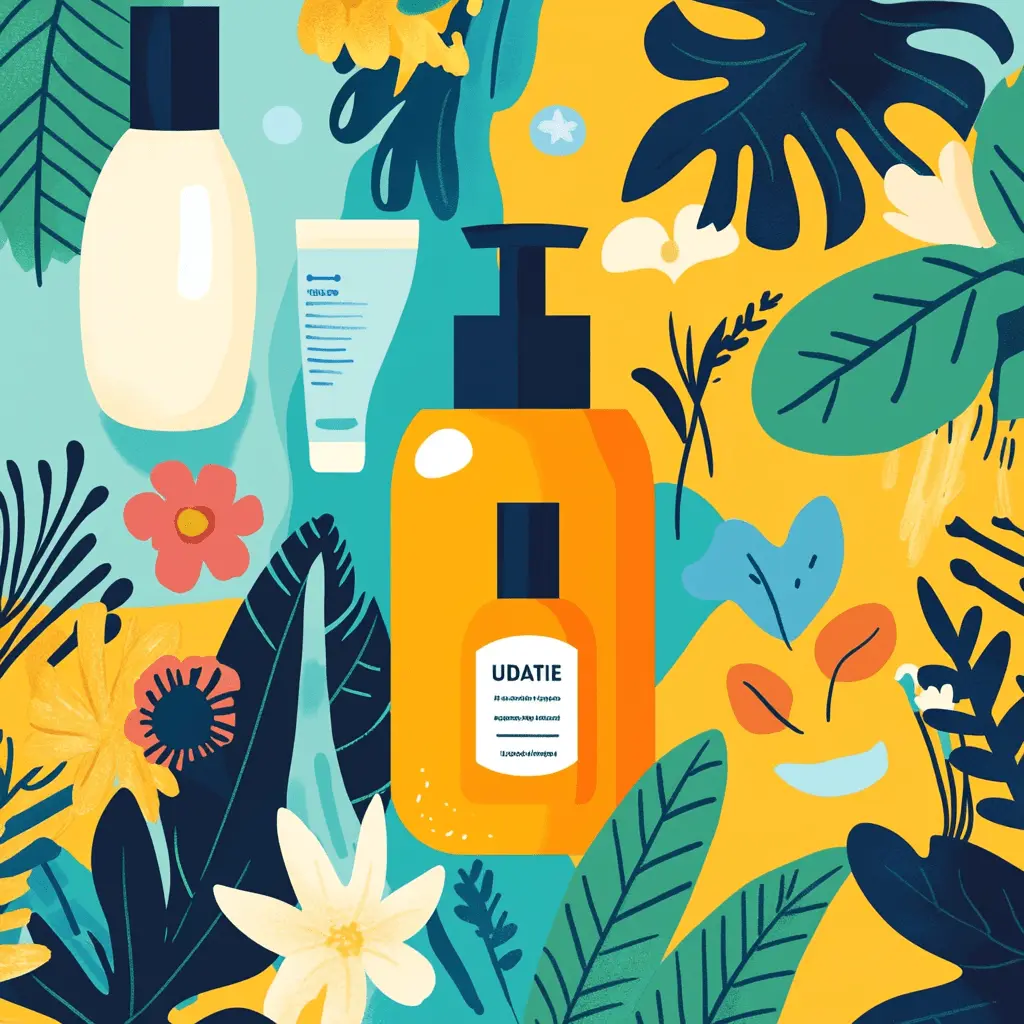
Myth debunking or interesting facts
- Myth : Cruelty-free products are always vegan.
Fact : Cruelty-free only means that the product has not been tested on animals. A product can be cruelty-free but still contain animal-derived ingredients, such as lanolin or collagen . - Myth : Organic products are less effective than synthetic ones.
Fact : Organic ingredients like aloe vera and argan oil improve hair hydration by up to 50% compared to synthetic alternatives. - Fun fact : The global market for certified organic personal care products is expected to reach $28 billion by 2026 due to the growing demand for organic options.
- Myth : All natural products are organic.
Fact : Some natural ingredients, such as palm oil , are linked to environmental pollution. Always check for certifications such as Rainforest Alliance . - Fun fact : Switching to cruelty-free hair care products could save more than 500,000 animals each year, according to Cruelty-Free International .

Practical tips or solutions
Switching to organic hair care is easier than you think. Here are some practical steps to help you make more sustainable choices:
- Start with one product : Switching to a completely organic routine can be a daunting process, so start by changing one product. For example, swapping your regular shampoo for a sulfate-free, cruelty-free alternative.
- Look for refillable options : Brands like Lush and Ethique offer refillable shampoo and conditioner containers to reduce plastic waste. Using refillable options can save up to 9 kilograms of plastic waste per person per year .
- Choose biodegradable ingredients : Choose products that use biodegradable foams and natural oils. Ingredients like sulfates and silicones don't break down easily and contribute to water pollution.
- Support brands that are transparent : Look for companies that are transparent about their supply chains and production methods. Brands that openly share information are often more trustworthy.
- Make your own : Consider making your own natural hair care products using ingredients like avocados , honey , or apple cider vinegar .

FAQ section
1. How do I know if a product is truly organic?
Look for USDA Organic or COSMOS certification on the packaging. These marks ensure that the product contains at least 95% organic ingredients .
2. What is the difference between cruelty-free and vegan products?
Cruelty-free products are not tested on animals, and vegan products do not contain any animal ingredients. A product can be cruelty-free but not vegan, and vice versa.
3. Are organic hair care products more expensive?
While some organic products may have a higher initial cost, many are more concentrated and therefore last longer. In the long run, they can be more cost-effective than conventional products.
4. What are the benefits of avoiding sulfates and parabens?
Sulfates can strip your hair of its natural oils, and parabens have been linked to hormone disruption. Choosing products without these chemicals can improve your hair and skin health in the long run.
5. How to reduce plastic waste in hair care?
Choose brands that offer plastic-free or refillable packaging. Consider using solid shampoo to reduce packaging waste.

Conclusion: Understanding Hair Care Labels
Understanding hair care labels like “natural,” “organic,” and “cruelty-free” is the foundation for making choices that benefit both your hair and the environment. By choosing certified, transparent brands and avoiding misleading advertising claims, you can create a hair care routine that aligns with your values. Whether you’re switching to organic ingredients or choosing sustainable packaging, every choice has an impact on a healthier planet.
